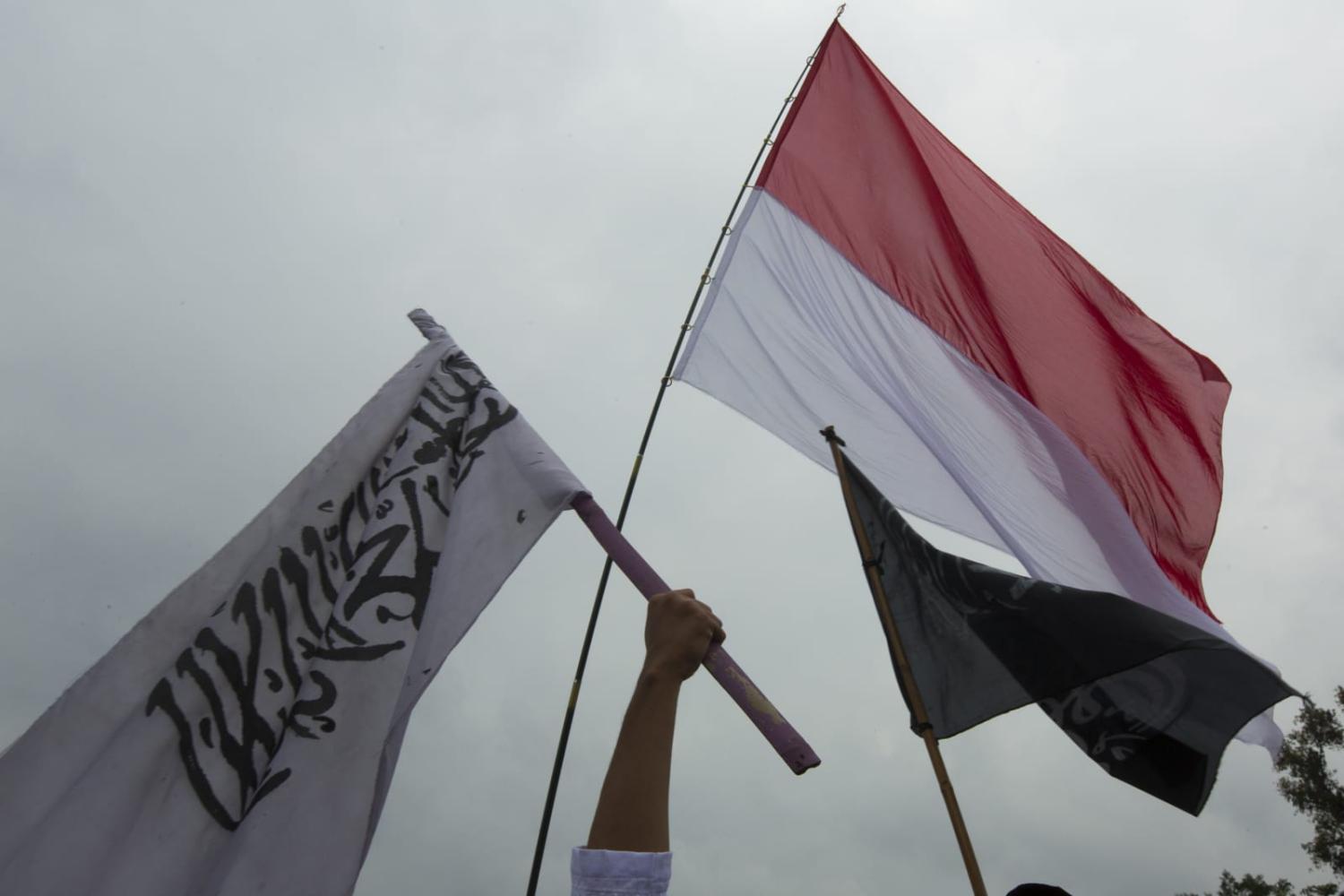While economic issues are expected to dominate Indonesia’s presidential election campaign ahead of a ballot next year, there are signs that the country’s political elite are not above exploiting long-held prejudices against the minority ethnic Chinese community to score political points.
Former Vice President Jusuf Kalla this month claimed that “more than 50 per cent of the economy is in the hands of (Indonesian) Chinese” despite “only making up four-and-a-half per cent of the population.”
The speech to the Indonesian Association of Muslim Scholars (ICMI) was reminiscent of one from Anies Baswedan when he was campaigning to become Jakarta governor in 2017: “All of us, the pribumi (natives), were relegated to second place for centuries. It’s time we took back what is rightfully ours.”
To soften the blow, Kalla proceeded to say that “the Chinese aren’t to blame (for their success) but rather we should ask the question why we (the non-Chinese majority) have failed to rise to the challenge (of becoming entrepreneurs).”
The 81-year-old, however, never revealed the source of his statistics, which are definitely at odds with official government figures.
The Coordinating Ministry for Economic Affairs has published a report that 61 per cent of Indonesia’s GDP in 2022 was generated by its 64.2 million Micro, Small and Medium Enterprises (MSMEs) – mostly in the informal sector – which also employ the vast bulk of the workforce. State-owned-enterprises control about a third of Indonesia’s economy, with the rest being picked up by the formal private sector.
Kalla’s sketchy figures were divisive in nature and sought to perpetuate the myth of economic domination by Indonesian Chinese, which many Indonesians still perceive to be true.
A public poll commissioned by the ISEAS Yusof Ishak Institute in 2022 found that almost 70 per cent of respondents believed that Indonesian Chinese had “a natural talent” for money-making, 65 per cent thought Indonesian Chinese had “too much influence in the economy”, and 50.8 per cent were of the opinion that they were “too influential in politics”.
This would all make for unpleasant background noise were it not for the history of turning ethnicity into political barbs. The 2017 backlash against the then Jakarta governor Basuki Tjahaja Purnama, better known as Ahok, was a potent reminder of how a rising Indonesian Chinese politician could easily be portrayed as a threat.
Ahok, after committing a public gaffe by offering his interpretation of an Islamic tenet, found himself charged and subsequently indicted with blasphemy. His case also provoked hundreds of thousands of incensed Muslims to protest in waves across Jakarta.

As with previous elections in the last decade, social media – now used by 79.5 per cent of Indonesians – is set to become an important political battleground to exploit societal prejudices.
The “Chinese threat” is a perennial issue deployed by Islamist political forces to rally public support, and to smear a main rival, the centre-right “nationalists” that favour Central Java Governor Ganjar Pranowo, endorsed as the candidate for the ruling Indonesian Democratic Party of Struggle (PDIP).
Former speaker of the People’s Consultative Assembly (MPR) and Islamic political hawk Amien Rais often pontificates about the “Chinese threat”. In one video post on Twitter, he alleged that President Joko Widodo, better known as Jokowi, was “trying to rig” the election by ensuring victory for “his” candidate (presumably Pranowo). Rais also spuriously claimed that Jokowi had access to “unlimited funds from Xi Jinping” to “sell Indonesia out” to Beijing.
Other social media influencers opposed to Pranowo also regularly deploy anti-Chinese sentiments against him, although most are more subtle than Rais. They focus on public perceptions and political hearsay that have already taken root and seek to inflame them by portraying the current administration as a “lackey of the Chinese”, which a Pranowo presidency will, by extension, continue to promote, along with the sentiment that a PDIP-led government can only be adversarial to Islam.
The efforts to smear Pranowo may intensify if the 54-year-old ends up being paired with Minister of State-Owned-Enterprises Erick Thohir, who is a leading vice-presidential candidate in public polls. Thohir’s mother is of Chinese descent and so is his wife.
This month marks the 25th anniversary of the May 1998 riots in which more than a thousand Indonesian Chinese were killed and dozens raped. Kalla’s pot-stirring comment could not have come at a worse time. It is a miserable reminder that anti-Chinese sentiments are still very much alive in the country.

